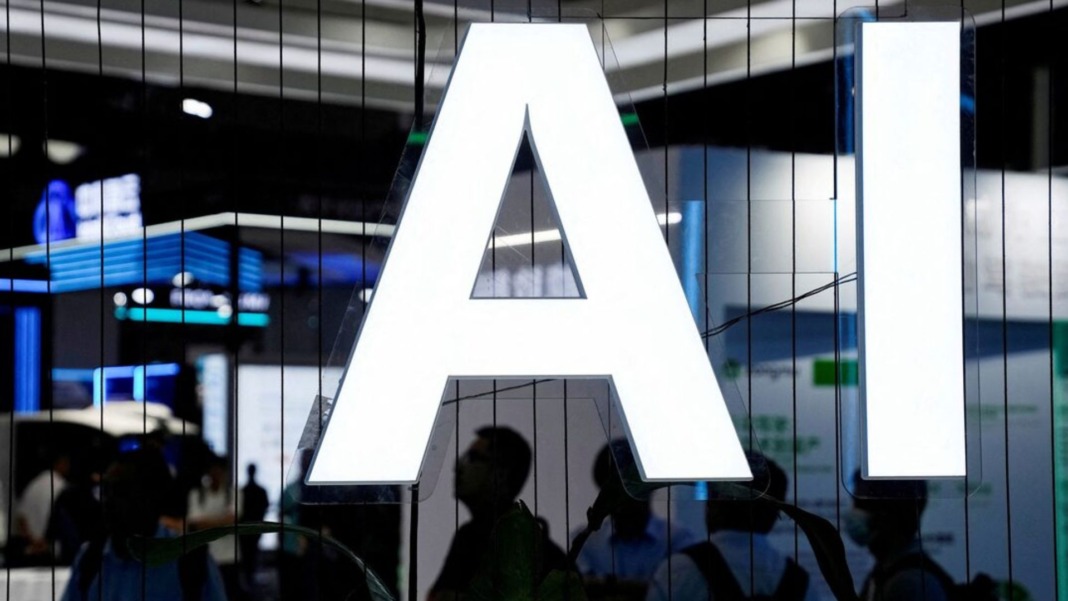As you look at the growing interest in generative artificial intelligence (GenAI), you’ll see that the financial services industry is becoming one of the most active players. Moody’s Corporation believes that increased investment in GenAI is paving the way for a new kind of teamwork between humans and AI — a model they call “co-working”.
Cristina Pieretti, the general manager for GenAI solutions at Moody’s, explained that the industry was initially cautious about GenAI due to unclear regulations. “It is an industry that initially was probably the most nervous due to regulatory uncertainties,” she said. But today, there’s a shift happening. “There is growing excitement about the potential for transformative changes that GenAI can bring to the entire industry.”
Financial firms lead in AI investment
After OpenAI launched ChatGPT in November 2022, the financial industry didn’t immediately jump in. The sector, which faces strict regulations, was unsure what was allowed. But things have changed. Regulators offer more precise guidance, and companies are finding ways to use GenAI for tasks like content creation, analysis, and decision-making.
According to Statista data, in 2023 alone, financial services companies invested around US$35 billion in AI, including GenAI. That number is expected to rise sharply to US$126.4 billion by 2028, representing a compound annual growth rate of nearly 29%.
A January report from the World Economic Forum and Accenture highlighted how well-positioned financial services firms are to benefit from AI. These companies deal with large amounts of data and rely heavily on language-based tasks, which GenAI can support. As a result, the financial sector is adopting and investing in AI more quickly than other industries.
Previously, AI in finance focused on boosting efficiency. But now, leaders are turning their attention to growing revenue. GenAI is helping companies improve customer experiences, make services more personal, and create better opportunities for cross-selling and upselling.
GenAI becomes your digital co-worker
One of the most promising uses of GenAI is its ability to make decisions independently. Pieretti described how GenAI tools can now pick up on tiny signals in real-time—for example, identifying changes in market trends or customer behaviour—and respond faster than a human could. This helps with tasks such as portfolio management and financial analysis.
Moody’s has already built 35 AI-powered agents, also called digital co-workers. These agents are designed to complete tasks much faster than a human analyst, such as producing detailed financial risk reports.
“The industry is shifting from viewing AI as a co-pilot to a co-worker,” Pieretti said. These agents are designed to achieve outcomes without constant instructions if they work within safe and verified systems.
Each agent has its purpose and personality. One might analyse global economic trends, while another focuses on individual companies using private financial data. A third agent might look at how a company compares to its competitors. This setup can lead to different results, especially when tackling complex issues like identifying risks that aren’t obvious at first glance — for example, a company that seems strong financially but is affected by political instability.
Risk, regulation and the road ahead
Moody’s has also partnered with Amazon Web Services to expand its GenAI tools using a variety of AI models. This partnership aims to scale the technology in a reliable and flexible way.
However, there are still risks involved. One of the biggest concerns is the uncertainty surrounding how GenAI works. Pieretti noted that one major issue is “hallucination”, where AI generates responses that sound plausible but are incorrect. To manage this, Moody’s uses coding methods that adjust how creative or random the AI can be.
Despite early hesitation, the financial industry is now recognising the value of GenAI. It is about replacing human tasks and making financial services more accessible. More people can engage with complex financial systems with tools that understand natural language without needing deep technical knowledge.
“GenAI uniquely lowers the barriers to access in financial services,” Pieretti said, “empowering more participants to navigate this relatively complicated market through natural language interactions.”




